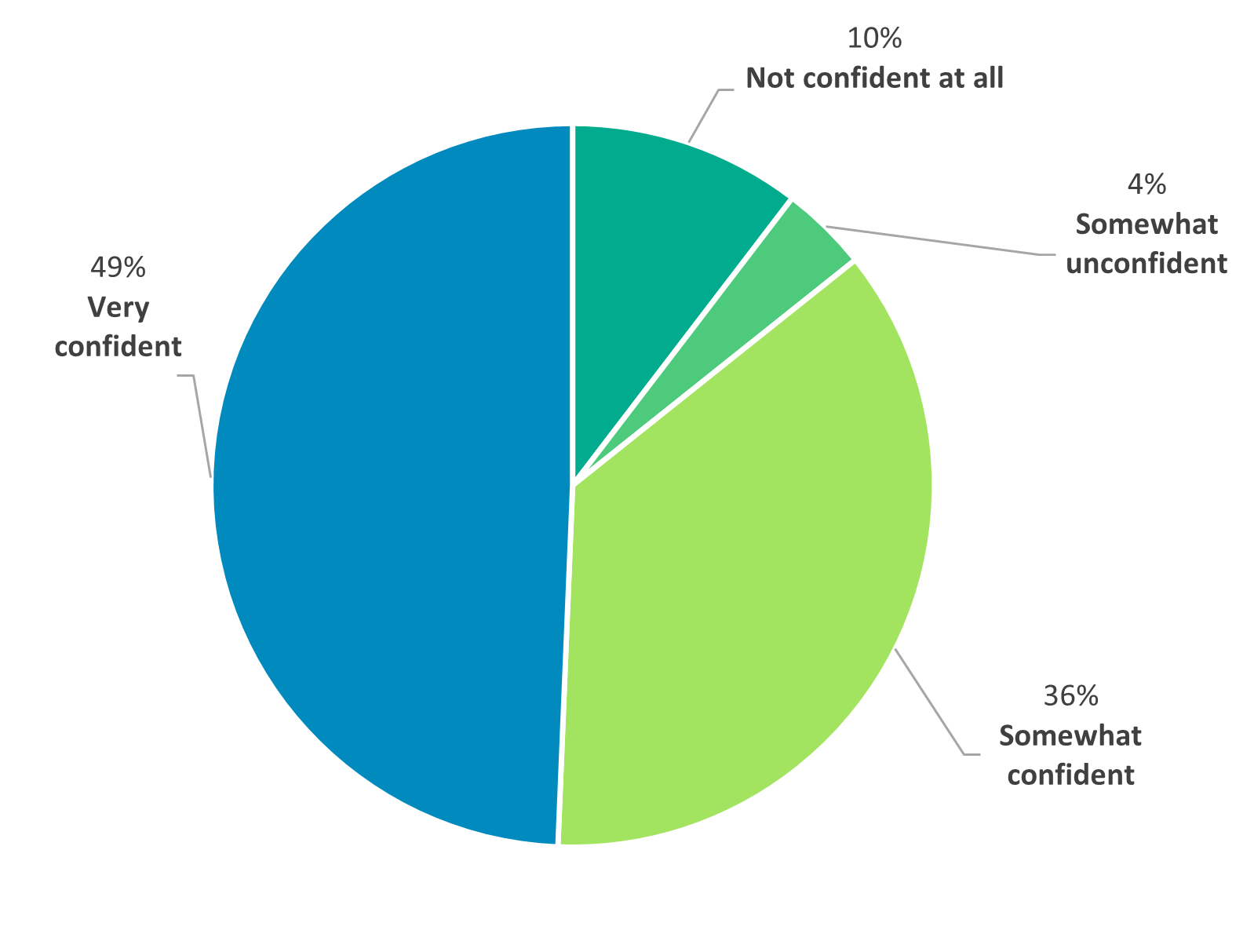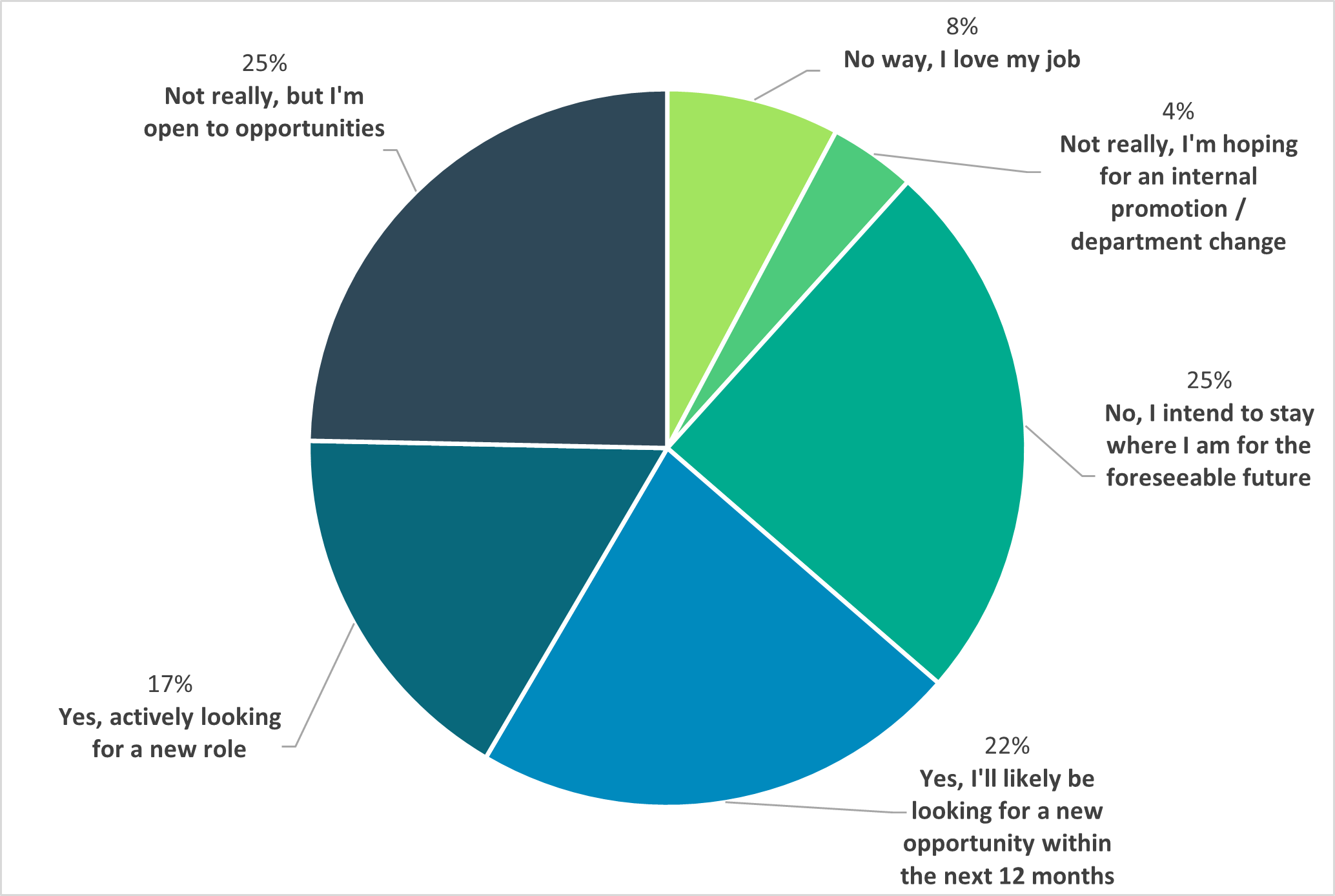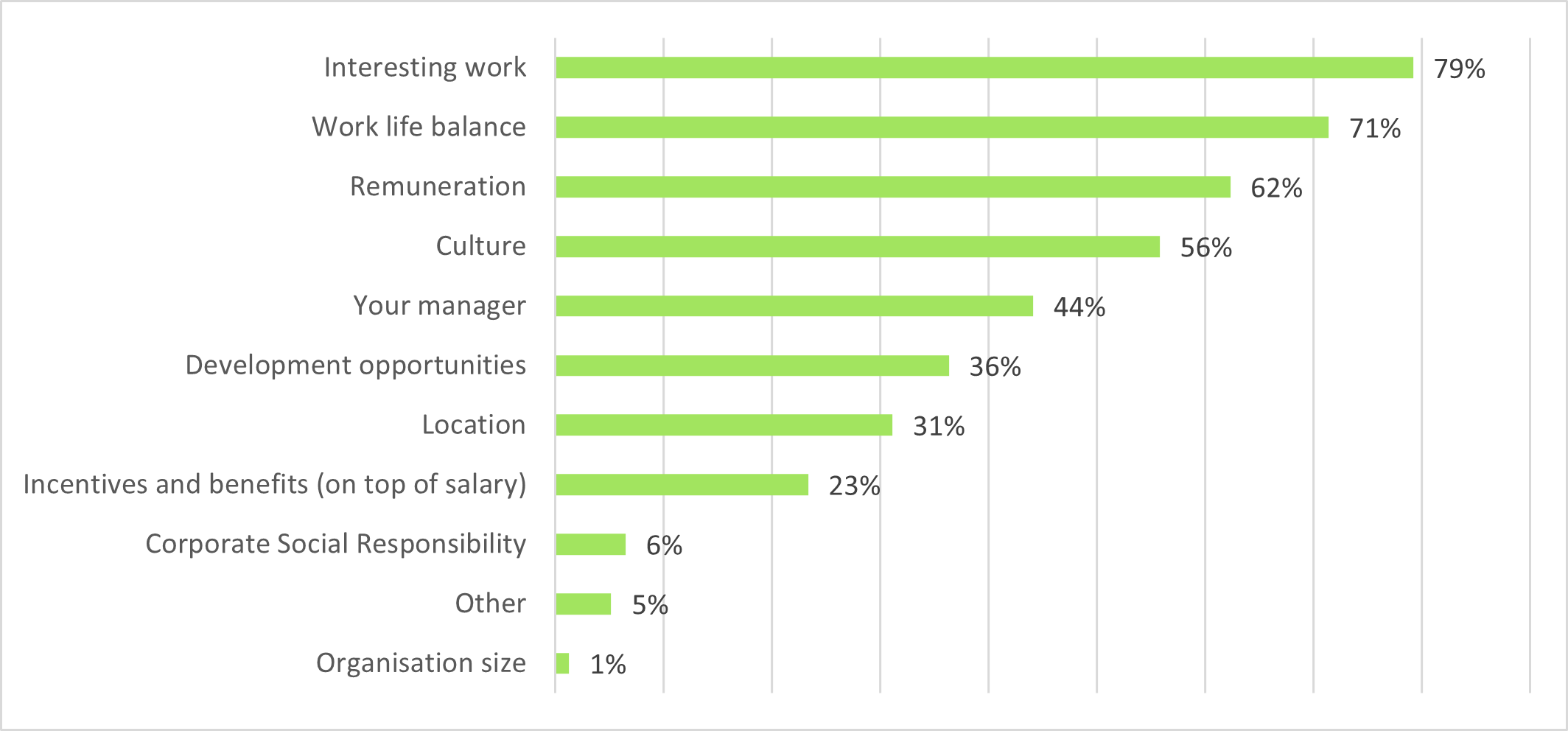
Whether you are new to the industry or a defence industry veteran, Kinexus’ Defence Industry Insights provides valuable information about what’s going on across the plethora of acquisition and sustainment projects and the key factors affecting the workforce.
In this series of blogs, we take a deep dive into what is going on in each sector. Today we explore one of the fastest growing sectors, the ICT and cyber sector.
For further information download the Eighth Edition of Kinexus’ Defence Industry Insights.
ICT AND CYBER SECTOR OVERVIEW
Hiring in this sector has increased over the last 12 months, a trend that looks set to continue. The rise of remote working due to COVID-19 has brought about an increased reliance on ICT professionals nationally.
Network and infrastructure professionals, software engineers and developers, business analysts, technical and non-technical cyber security professionals and PMO workers are in strong demand. Experience in cloud technologies is becoming increasingly sought after within defence industry and most adjacent industries. Competition for top talent is tough.
Significant federal investment has bolstered the ICT sector. Major projects including ERP transformation, the development of core simulation capability, transformation of security vetting processes and enhanced ISR capability have all driven hiring in this sector. In addition, much of the ICT workforce is engaged on a variety of land, aerospace, naval and joint projects.
Cyber security has received investment from the federal government which has led, and will continue to lead, to the continued growth of this sector. Both above and below the line, cyber skills such as SOC analysts, cyber architects and consultants, GRC, and IRAP professionals are all in demand.
Security clearances continue to be essential for ICT sector workers and access to cleared workers remains challenging. Interest from workers from outside defence industry is high, but opportunities for non-cleared workers, especially those wishing to undertake contract work, are low.
ICT AND CYBER WORKFORCE INSIGHTS
In April 2021 we surveyed the defence industry workforce. Here are some key workforce insights for the ICT and cyber sector.
Industry Career Confidence
This chart shows the opinion of the ICT and cyber sector respondents when asked ‘What is your current confidence in defence industry being able to provide you with a long-term career?’

ICT and cyber sector confidence in long-term defence industry career opportunity is slightly lower than the average. 85% of ICT and cyber sector respondents consider themselves very confident or somewhat confident, as opposed to 88% across all sectors.
Employment Changes in the Near Future
This chart shows the opinion of the ICT and cyber sector respondents when asked ‘Are you considering a change in employment in the near future?’

The employment change sentiment among ICT and cyber sector respondents is significantly different to the average sentiment across all sectors. A slightly higher proportion of ICT and cyber sector respondents are either actively looking for work or will be in the next 12 months: 39%, compared to 35% across all sectors.
25% of ICT and cyber sector respondents are not considering an employment change; this is 10 percentage points higher than the average across all sectors, where only 15% of all respondents fell into this category.
Only 25% of ICT and cyber sector respondents are passively open to opportunities, compared to 39% of respondents across all sectors.
Job Satisfaction
This graph displays the opinion of the ICT and cyber sector respondents when asked ‘What has the most impact on your job satisfaction?’ Respondents were asked to select their top five.
The percentages show the proportion of respondents that feel the factors below contribute most to their job satisfaction.

Those in the ICT and cyber sector value interesting work, work life balance and remuneration as the top three factors that contribute to job satisfaction, which is in line with the broader defence industry population across all sectors.
Within the ICT and cyber sector respondents, other included such things as the opportunity to mentor/give back, colleagues and the opportunity to get paid based on tasks rather than hours.
Want to know more?
Further insight and detail is available in Kinexus’ Defence Industry Insights – Eighth Edition which is available now to download for free.
For additional insight and to explore what the data means for your hiring activity and your defence industry organisation at large, get in contact with our consultants today.

Image credit: Department of Defence





